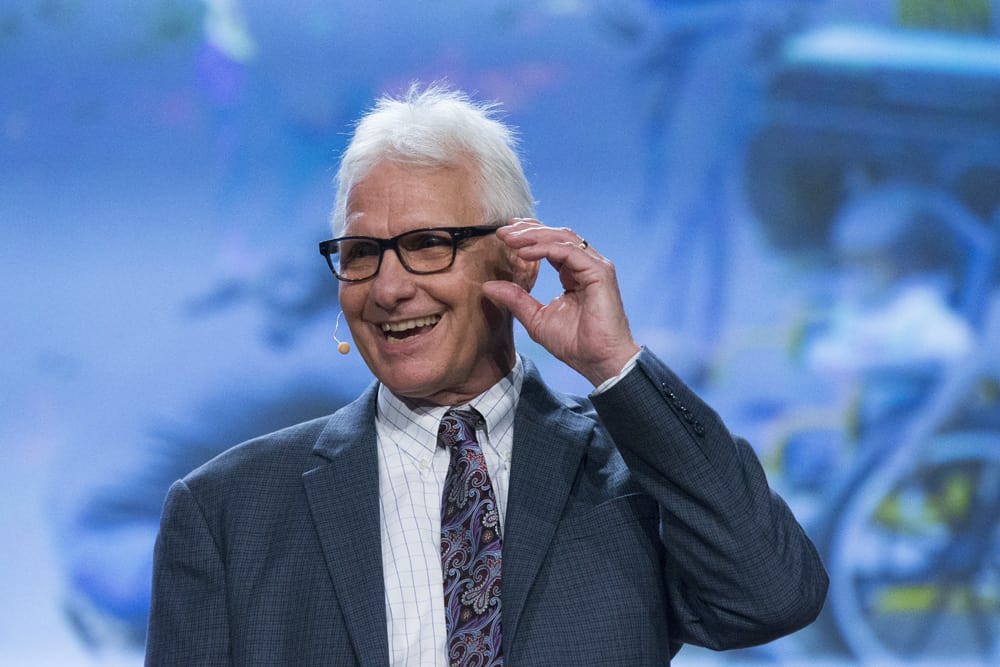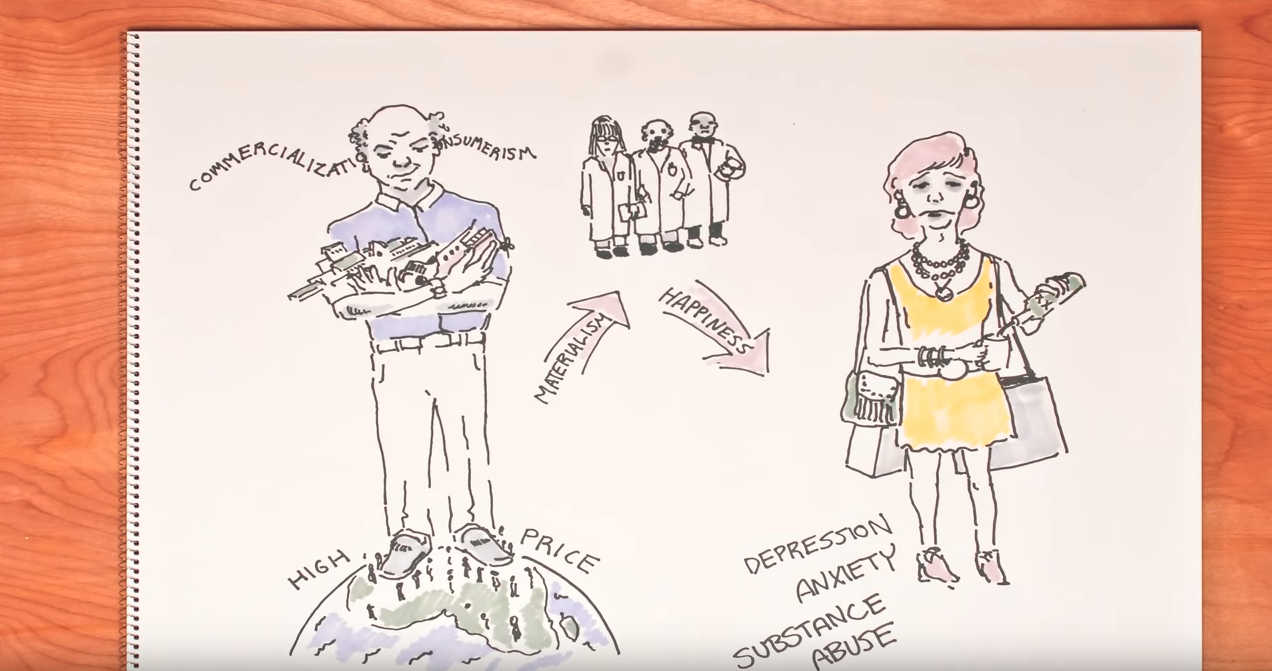SDT research demonstrates that not all goals are made equal. While goal striving can be a source of thriving, the content of one’s goals is key in the promotion of wellness. Like the motives that underlie behavior, life goals also vary in their intrinsic or extrinsic quality. The pursuit of intrinsic aspirations, such as personal growth, meaningful relationships, and striving to make the world a better place, directly satisfies basic psychological needs and, in turn, fosters well-being. Extrinsic aspirations such as to be rich, beautiful, and famous, involve comparisons with and approval from others. If given priority over intrinsic aspirations, extrinsic goals tend to be need thwarting, which is detrimental to flourishing. SDT research in the areas of goals, values, and aspirations sheds light on why wealth, beauty, and fame don’t equate with well-being and the types of goals that do.
Goal contents theory’s applicability has been demonstrated across a wide variety of outcomes, cultures, and developmental stages. Prioritizing intrinsic aspirations is linked with a broad range of wellness outcomes including life satisfaction and meaning in life, vitality, mindfulness, empathy, self-reported physical activity, and healthy, pro-environment, and prosocial behaviors. In contrast, an extrinsic aspirational focus is associated with anxiety, depression, negative affect, and even physical symptoms. These effects have also been consistent across the world, with replications in Korea, Russia, Nigeria, Thailand, South Africa, Australia, Germany, and many, many more. In addition, while the degree to which one is more intrinsically or extrinsically oriented tends to fluctuate throughout life, the benefits of intrinsic aspiring and detriments of extrinsic aspiring hold across age-groups.
Some have argued that extrinsic aspirations are more elusive than intrinsic aspirations, which explains the costs associated with their pursuit. Perhaps it is easier to make friends than it is to become very wealthy, and that ease of attainment promotes well-being. SDT research has addressed the ease of attainment possibility too. In longitudinal studies of American college students, those oriented towards extrinsic goals were no less likely to achieve them than those with intrinsic goals, but, achievement of extrinsic aspirations did not add to well-being. Indeed, attainment of extrinsic aspirations was associated with more symptoms of ill-being. The opposite was true for those who pursued and attained primarily intrinsic aspirations. It seems clear that no matter where or who you are, the content of the goals you pursue and attain matters for overall wellness.








